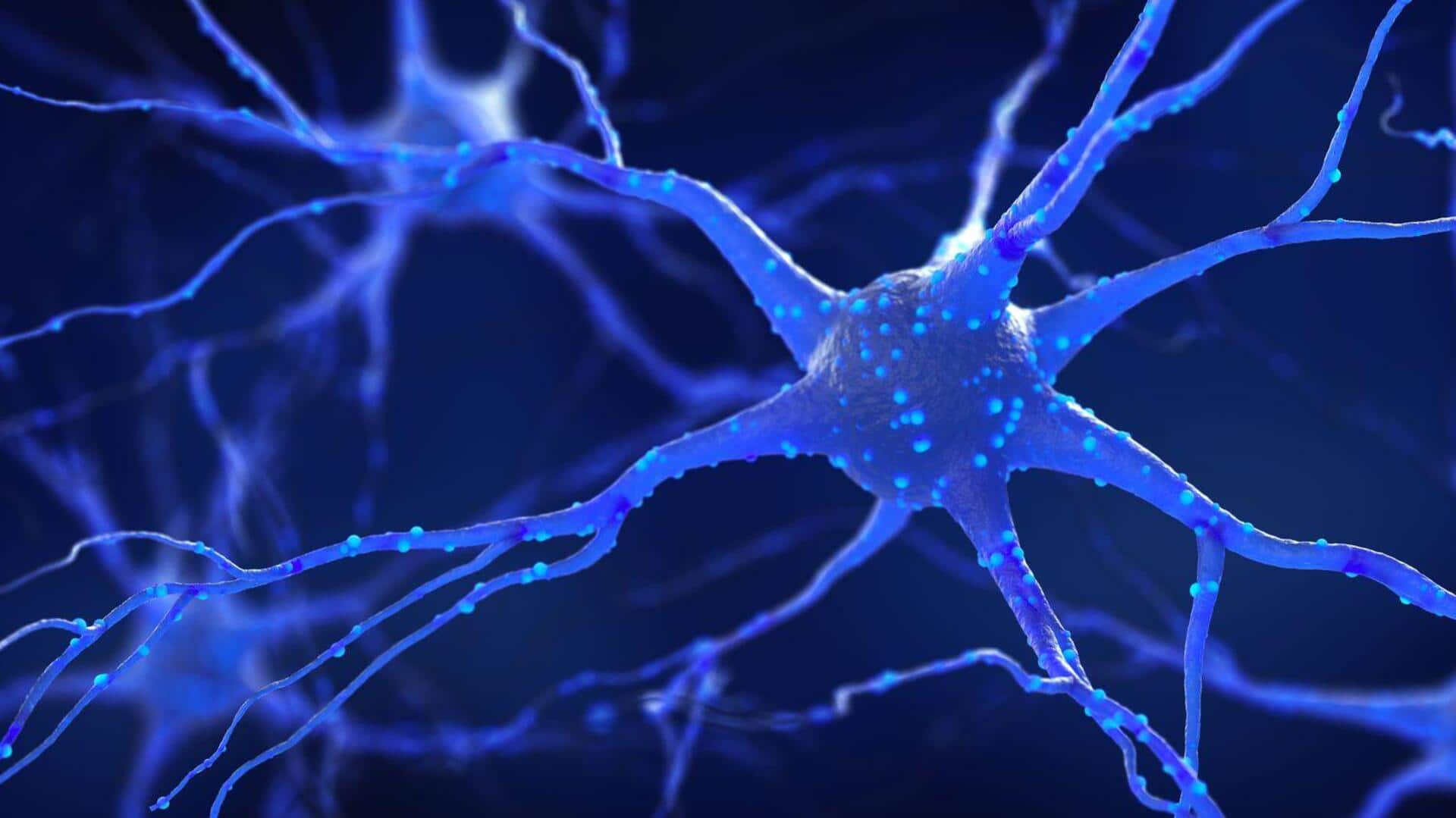
Pronouns activate same brain cells as names, study reveals
What's the story
A recent study has revealed a fascinating connection between pronouns and the way our brains remember individuals.
Neuroscientists have discovered that pronouns such as 'he,' 'she,' or 'they' can trigger the same neuron in the brain as a person's specific name.
This finding suggests that our use of language is closely tied to how we recall people in our minds.
Brain function
Pronouns and hippocampus: A unique relationship
The study found that the pronoun 'he' stimulated the same neuron in the hippocampus as the word 'Shrek' in a given context.
The hippocampus is a part of our brain responsible for retrieving words, numbers, and concepts from memory. This suggests that pronouns play a significant role in this process.
Some neurons within the hippocampus are hypothesized to be 'concept cells,' storing representations of people, abstract ideas or objects.
Neuronal response
Concept cells and pronouns
Concept cells are activated when someone sees a picture of a specific individual, hears or reads their name, or tries to recall them from memory.
The study found that these cells also reactivate when a pronoun is used in place of a person's name.
This discovery was made through brain recordings from patients with intractable epilepsy, who had electrodes implanted deep into their hippocampus for seizure identification.
Contextual activation
A contextual connection
The study also found that if Shrek was not mentioned in the initial sentence, the pronoun 'he' did not trigger the 'Shrek' concept cell.
This indicates that only pronouns presumed to refer to Shrek activate this neuron.
Neuroscientist Matthew Self from the Netherlands Institute for Neuroscience explained, "We had participants answer a question at the end of sentences about who performed action," adding that they could predict whether patients would give correct answer based on activity of individual concept cells.
Information processing
Concept cells' role in information processing and future research
The findings suggest that concept cells assist the brain in associating new information with an existing concept.
For example, when we read about Shrek putting on sunglasses, we can update Shrek's representation and predict his future appearance.
Interestingly, people with hippocampus damage can sometimes struggle to produce or understand pronouns.
The international team behind the study stated that how brain networks implement such syntactic computations, is a topic for future research.